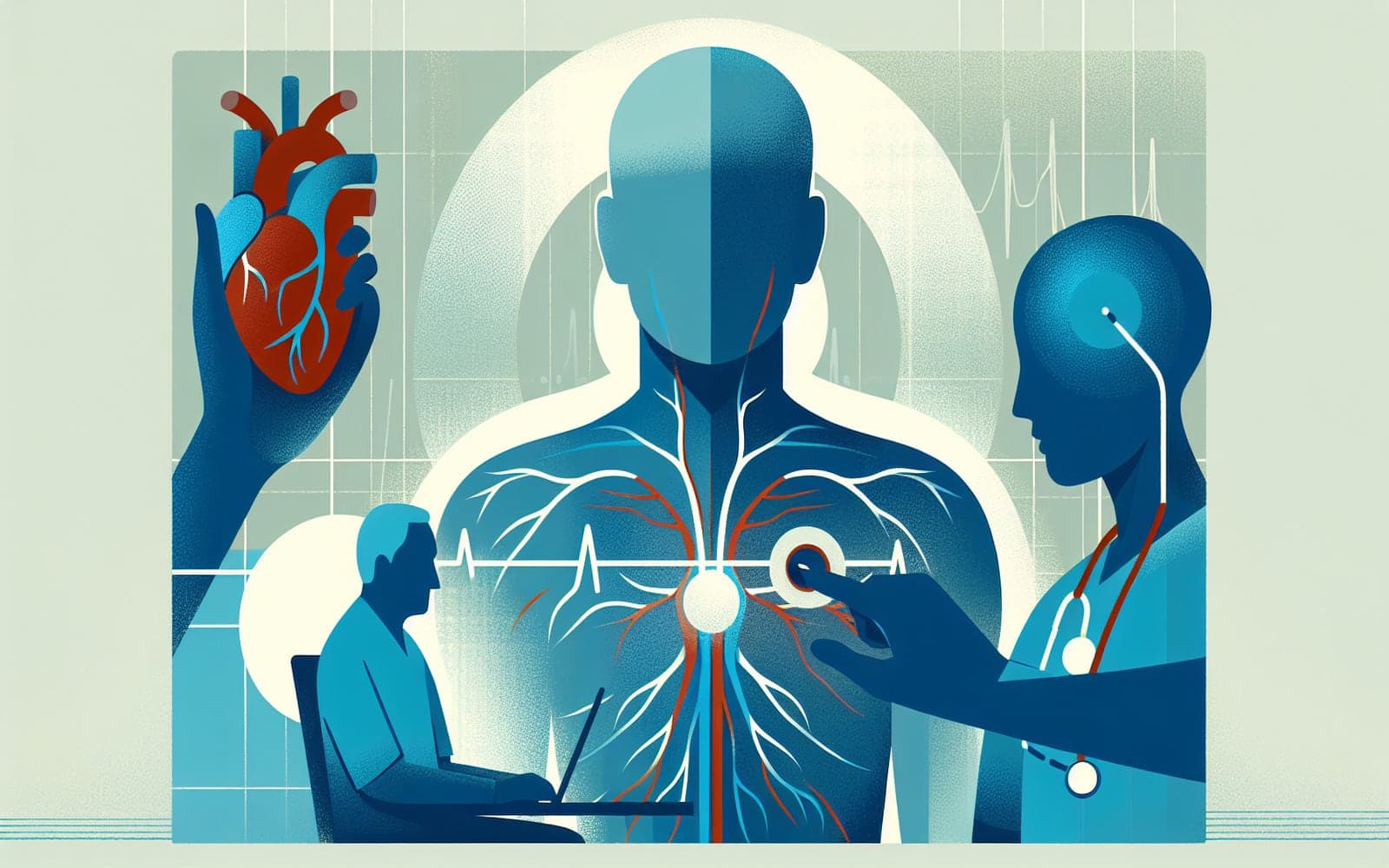What You Need to Know About TIAs: The Silent Danger
Published: Dec 07, 2023
Transient Ischemic Attacks (TIAs) may not leave lasting symptoms, but they are a warning sign of a future stroke. Understanding their implications is crucial for prevention.
Contents
Understanding TIAs
A Transient Ischemic Attack (TIA) is often called a mini-stroke because its symptoms are temporary. Unlike a stroke, it doesn't cause permanent damage, but it signals that a major stroke could follow. TIAs happen when there's a temporary block in blood flow to the brain, spinal cord, or retina, leading to brief neurological symptoms.
Symptoms and Diagnosis
Symptoms of a TIA can vary but often include sudden numbness, difficulty speaking, or loss of balance. Diagnosing a TIA involves ruling out other conditions and using imaging techniques like MRI to look for signs of recent, temporary brain ischemia. The challenge is that symptoms are transient and can mimic other issues like migraines or seizures.

Immediate Action Is Key
If you suspect a TIA, seek medical attention immediately. Early intervention can significantly reduce the risk of a future stroke. Doctors often begin treatment with antiplatelet therapy, like aspirin, as soon as a TIA is suspected to prevent clot formation.
Frequently Asked Questions
A TIA is a temporary block in blood flow to the brain, often called a mini-stroke.
Yes, they are warning signs of a possible future major stroke.
Through symptoms observation and MRI scans to check for ischemia.
Immediately, as early intervention can prevent a future stroke.
Key Takeaways
Recognizing and addressing TIAs promptly can save lives by preventing major strokes.
Talk to Doctronic today to learn how to recognize and prevent TIAs.Related Articles
References
Easton JD, Saver JL, Albers GW, et al. Stroke 2009; 40:2276.
Rothwell PM, Giles MF, Chandratheva A, et al. Lancet 2007; 370:1432.
Always discuss health information with your healthcare provider.

